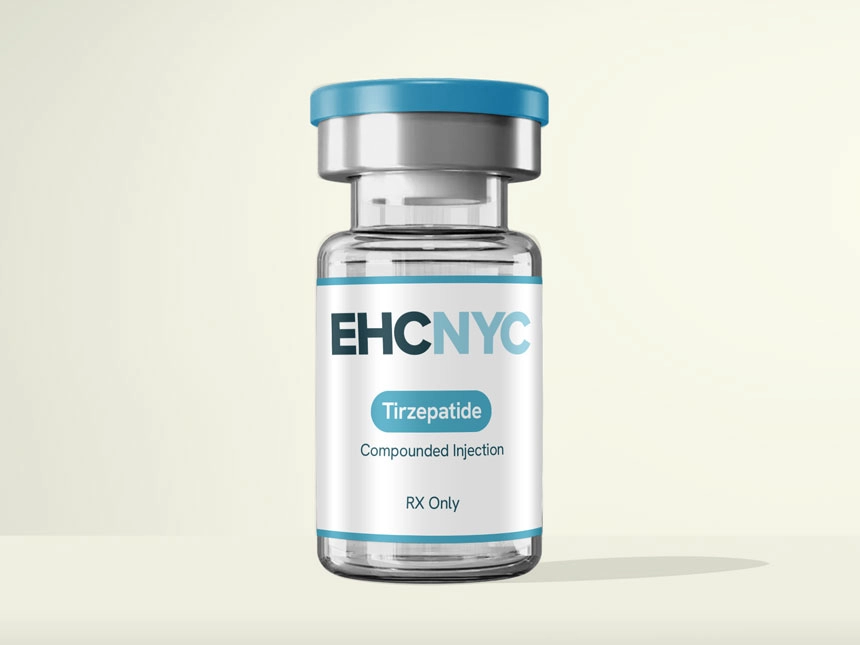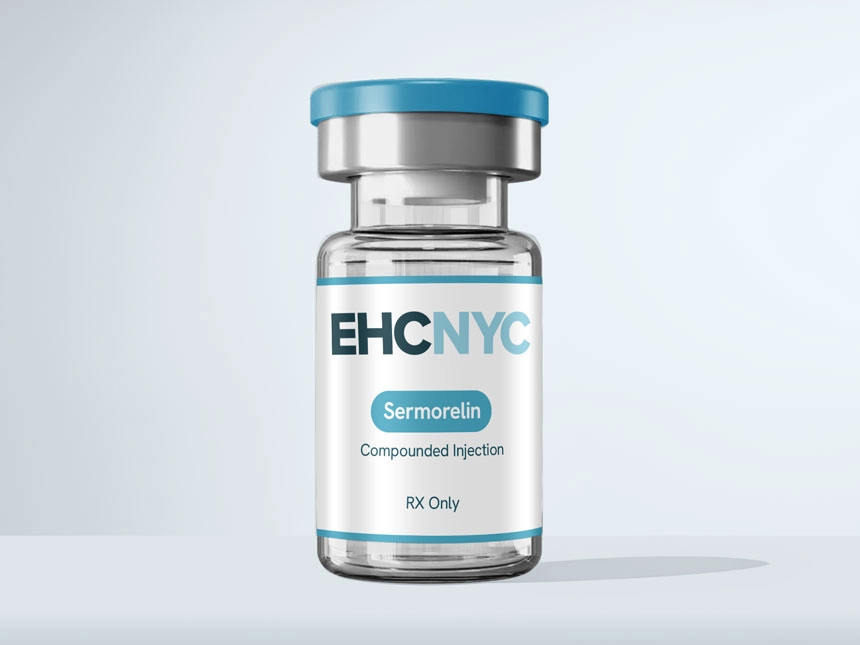
Liraglutide is a popular medication used for weight management and the treatment of type 2 diabetes. Liraglutide belongs to the class of GLP-1 receptor agonists, which help regulate blood sugar levels and promote weight loss. However, like any medication, it comes with potential side effects that patients should be aware of.
Learn more on liraglutide
Common Liraglutide Injection Side Effects
Patients using liraglutide injections may experience mild to moderate side effects, especially when starting treatment. These include:
- Nausea and vomiting: The most frequently reported side effect, often improving over time
- Diarrhea or constipation: Gastrointestinal issues are common as the body adjusts.
- Decreased appetite: A main reason liraglutide works for weight loss
- Injection site reactions: Redness, itching, or swelling where the medication is injected
- Fatigue and dizziness: Some patients report feeling tired or lightheaded
While these side effects can be bothersome, they subside as the body adapts to the medication.
Serious Side Effects of Liraglutide
In some cases, liraglutide can cause more severe reactions that require medical attention. These include:
- Pancreatitis: Symptoms such as severe abdominal pain, nausea, and vomiting may indicate an inflamed pancreas
- Gallbladder problems: Liraglutide users may be at a highest risk for gallstones and gallbladder disease.
- Kidney issues: Dehydration from vomiting or diarrhea can lead to kidney injury.
- Increased heart rate: Some patients experience a rise in resting heart rate, which should be monitored.
- Severe allergic reactions: Difficulty breathing, swelling of the face, or rash may indicate an allergic reaction.
Liraglutide Side Effects and Cancer Risk
One of the more concerning discussions surrounding liraglutide is its potential link to cancer. Studies in rodents have shown an increased risk of thyroid C-cell tumors, leading to concerns about human risk.
While there is no confirmed direct link between liraglutide and cancer in humans, the FDA has issued a warning about possible thyroid tumors.
Patients with a personal or family history of medullary thyroid carcinoma (MTC) or multiple endocrine neoplasia syndrome type 2 (MEN 2) are advised against using liraglutide. Regular monitoring and discussing any unusual lumps, difficulty swallowing, or persistent hoarseness with your healthcare provider are crucial.
Is Liraglutide The Right Choice For You?
Liraglutide is an effective mediation for many patients, but understanding its risks is crucial. If you experience severe side effects or have concerns about its long-term effects, consult your doctor to determine if liraglutide is the right choice for you.
Always consult your doctor and weigh the benefits against potential risks and consider alternative treatments if necessary. By staying informed about liraglutide side effects, including possible links to cancer, you can make a more educated decision about your health and treatment options.












